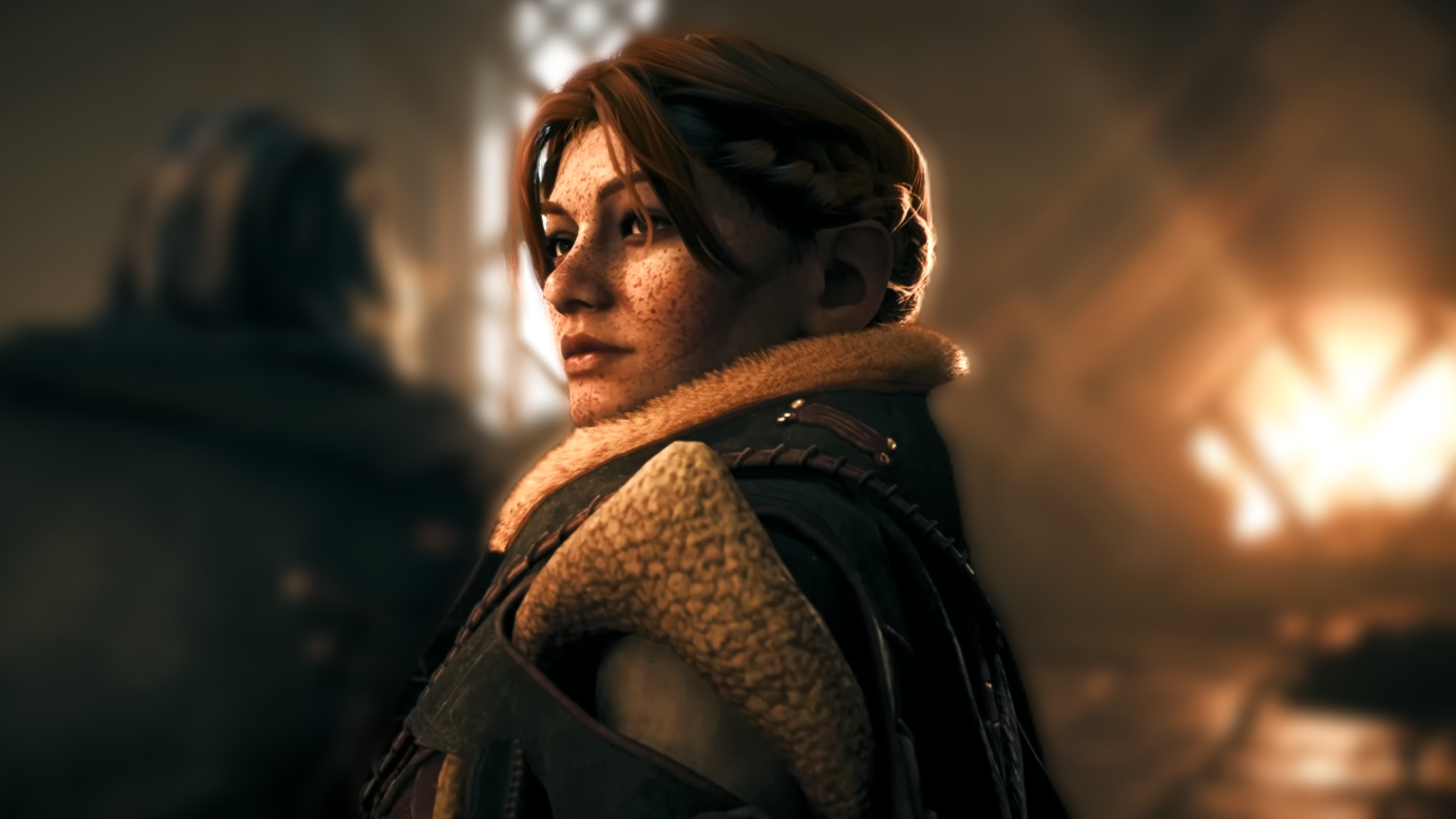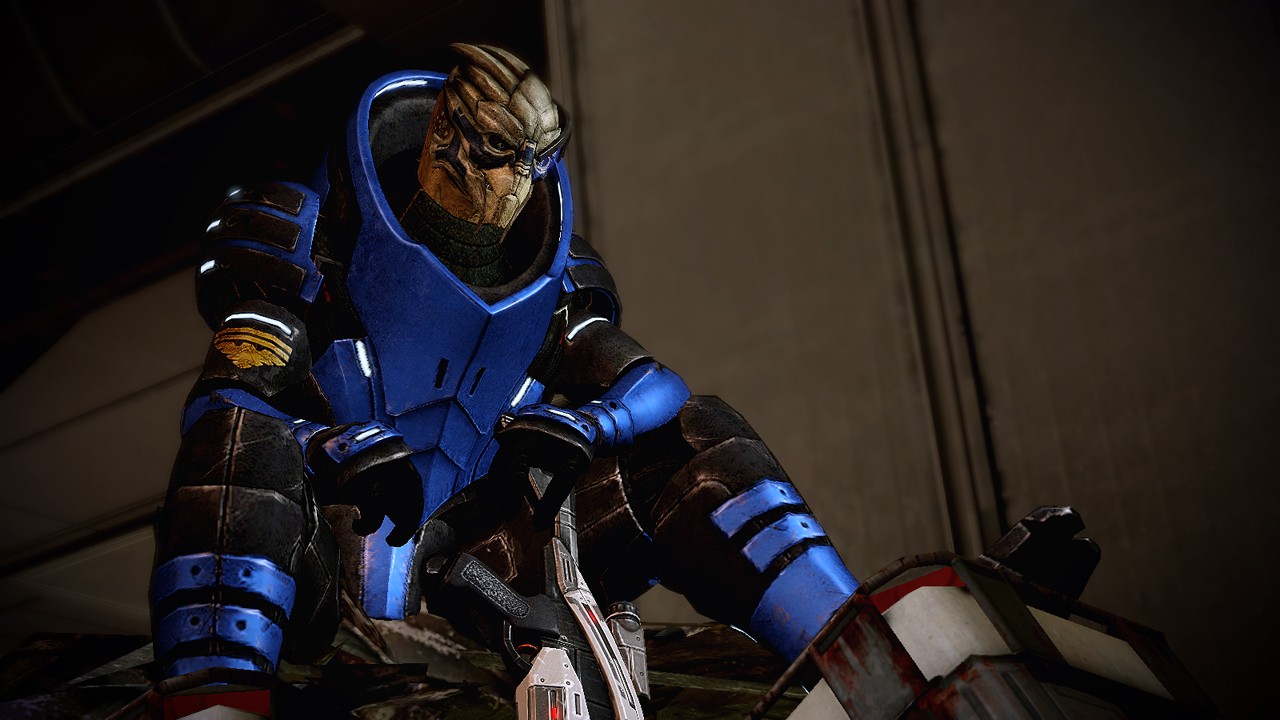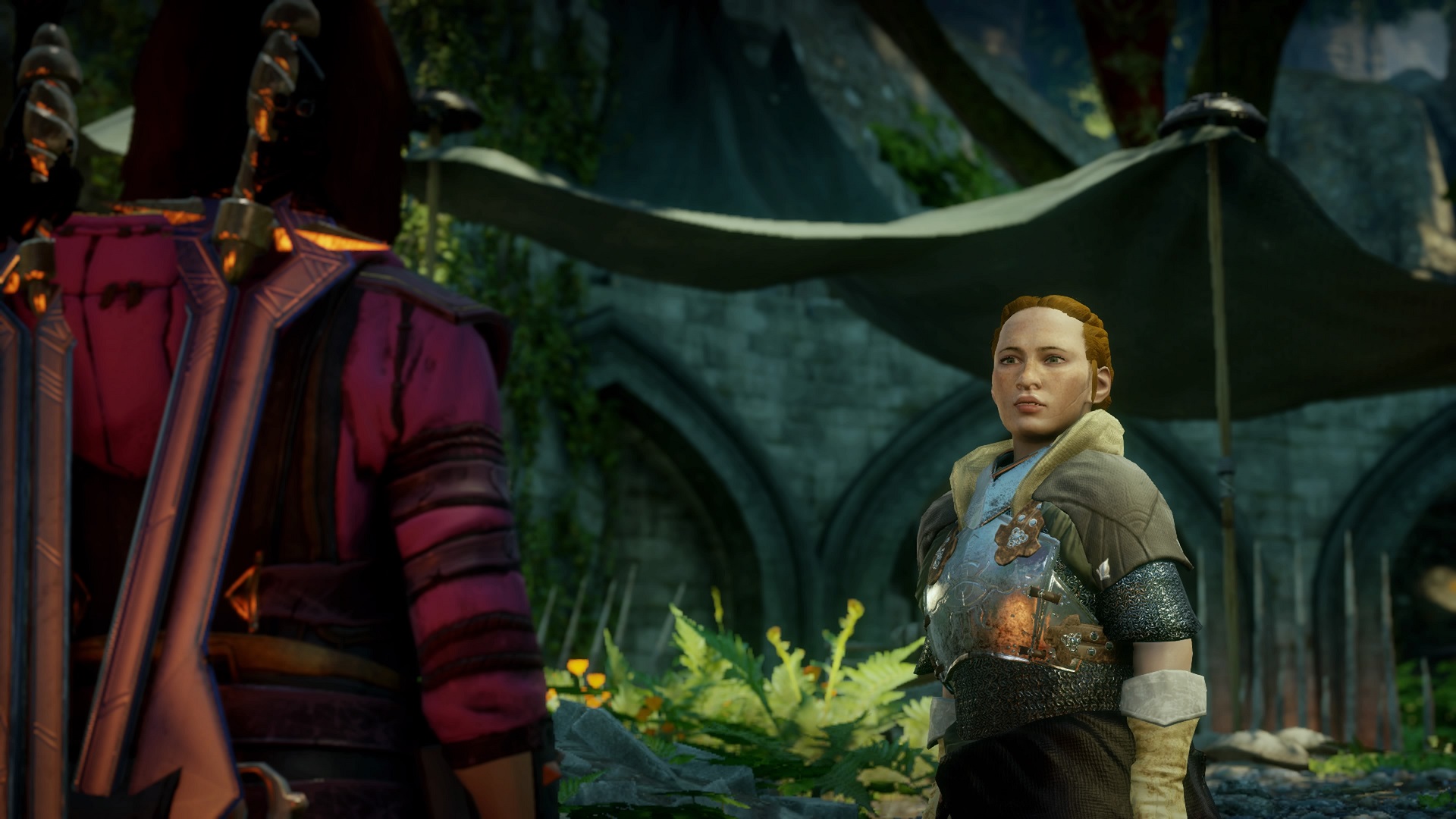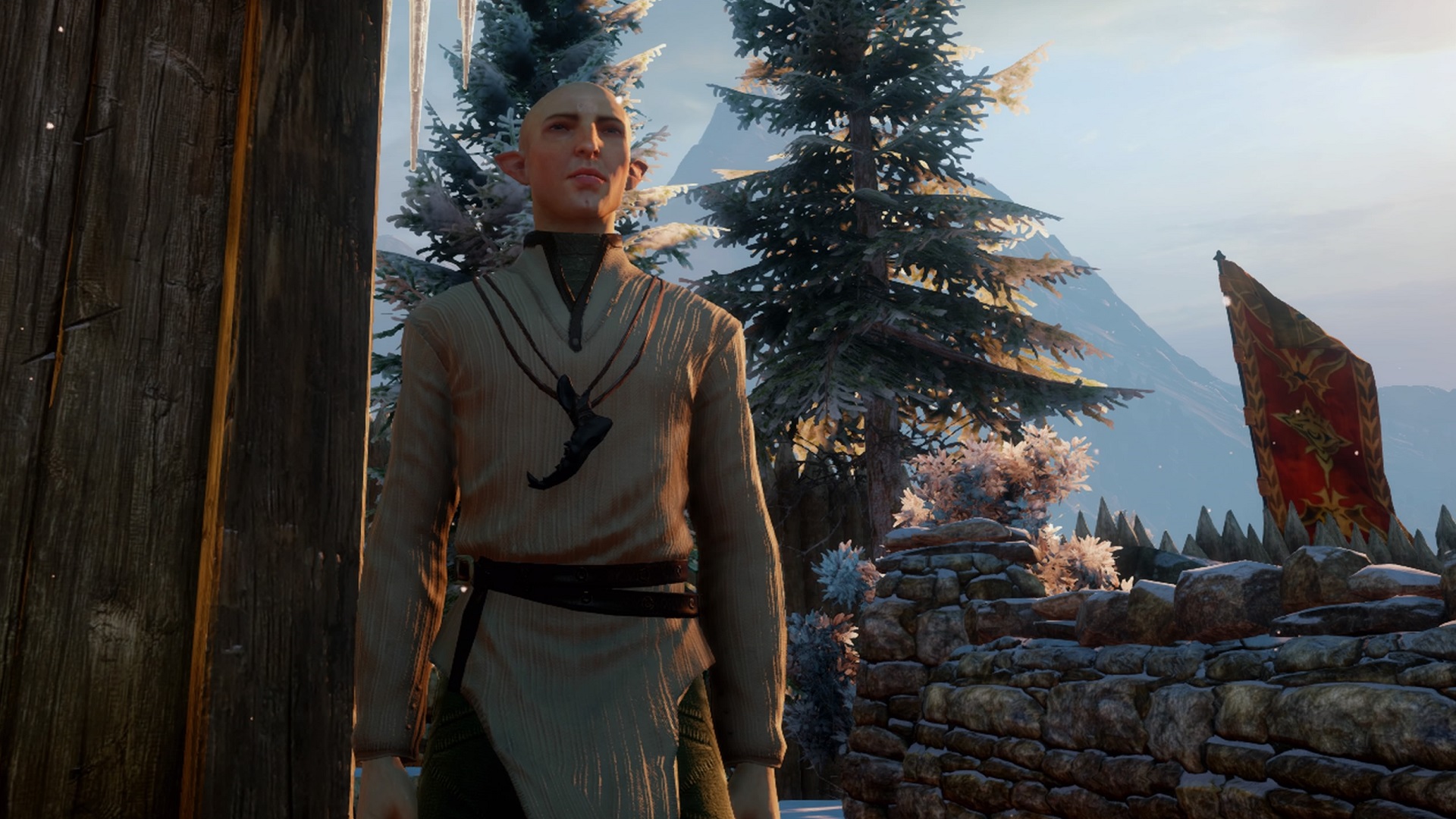After replaying Dragon Age 2 and Mass Effect 2, Dragon Age: The Veilguard's "mission-based" direction is all the more exciting
Opinion | Dragon Age: The Veilguard is set to be a mission-based RPG rather than open-world, which is music to my ears

Dragon Age: The Veilguard is set to bring us to parts of Thedas we've never ventured to before, but what excites me even more is how BioWare promises to do it. Rather than the open-world makeup of Dragon Age: Inquisition, with its sprawling landscapes and litany of smaller side quests and objectives, The Veilguard will be "mission-based". As director Corinne Busche said in an interview with IGN back in June, "everything is hand-touched, hand-crafted, very highly curated" in order to "get the best narrative experience", which is frankly music to my ears.
And after recently reliving Mass Effect 2 and Dragon Age 2, which both adopt their own kind of mission-based setup, I'm more on board with the prospect than ever. I can't wait to discover how The Veilguard brings to life locations we've only thus far heard about, and how it will give us "the best moment-to-moment experience" as a "highly curated game" with a mission-focused direction.
Storytellers

As much as I love Dragon Age: Inquisition and its open-world - even if it was a bit bloated - there's so much appeal in the idea of a more tightly focused experience that still promises to let us explore and discover. As Busche explained in the IGN interview, "along the way, these levels that we go to do open up" in Dragon Age: The Veilguard and "some of them have more exploration than others". We can also expect "alternate branching paths, mysteries, secrets," and "optional content" that we can find and solve throughout.
To me, it sounds as though our return to Thedas could be like a mixture of Dragon Age 2 and Mass Effect 2, which really speaks to me. The former had you venture to set points around Kirkwall that would be open to you depending on the main quests and side objectives you'd progressed to, while the latter would let you fly to different locations in the galaxy for set missions - with the Normandy acting as your home base. While you had some freedom in terms of which mission you wanted to complete in what order, both games were linear in structure.
Dragon Age 2 does at times reuse environments, which can make it feel a little repetitive, but its strong storytelling chops more than made up for it; with a host of memorable quests revolving around the mages and templars shaping the experience. Set entirely within one city over the course of several years, I always appreciated how Dragon Age 2 made me feel like I'd come to know the place Hawke calls home just as well as they do.
Likewise, Mass Effect 2's linear mission-based setup made the entire experience feel well-paced and engrossing from start to finish, with each quest Shepard went on feeling integral to the story, worldbuilding, or relationships with the companions. While I imagine The Veilguard will be far more expansive given that we'll be going to different parts of Thedas, I do like the idea that it's taking a leaf from BioWare games past, while also forging its own path by making things a little more open within a mission-based format.
Companion concerns

In many ways, the open-world made sense for the kind of experience Dragon Age: Inquisition was trying to deliver. As the leader of the organization, it was up to you to accrue influence to grow the Inquisition's power and position in Thedas in your pursuit to stop Corypheus. Sometimes that meant that you were doing smaller tasks in any one of the expansive locations that could feel a bit more akin to filler - like leading a Druffalo back home in the Hinterlands - but this was also balanced out with some stellar main story missions.
Weekly digests, tales from the communities you love, and more
In comparison, Mass Effect 2's linearity and high stakes suicide mission through the Omega Relay made every quest you did feel meaningful. Everything you did felt like it was contributing to not just Shepard's survival, but that of your crew aboard the Normandy. And with The Veilguard set to present us with difficult choices that can directly affect our companions, I hope the mission-based structure will give more weight to everything we do as Rook, too.
As Burche highlights, the motivations and experiences of the companions are also part of the "hand-crafted and curated" approach of Dragon Age: The Veilguard. Dragon Age as a series is no stranger when it comes to companion-focused quests that help you develop your relationships, or allow you get to know them better. But not unlike ME2, I hope the missions will feel more meaningful not just in the way they factor into the story, but how our companions are connected to them.
Only time will tell how Dragon Age: The Veilguard will shape up when it arrives this year. I'm very curious to see how many alternate branching paths there will be, how much freedom we'll have to explore, and just how linear it is. But regardless, the words "mission-based" have never sounded sweeter.

I started out writing for the games section of a student-run website as an undergrad, and continued to write about games in my free time during retail and temp jobs for a number of years. Eventually, I earned an MA in magazine journalism at Cardiff University, and soon after got my first official role in the industry as a content editor for Stuff magazine. After writing about all things tech and games-related, I then did a brief stint as a freelancer before I landed my role as a staff writer here at GamesRadar+. Now I get to write features, previews, and reviews, and when I'm not doing that, you can usually find me lost in any one of the Dragon Age or Mass Effect games, tucking into another delightful indie, or drinking far too much tea for my own good.



